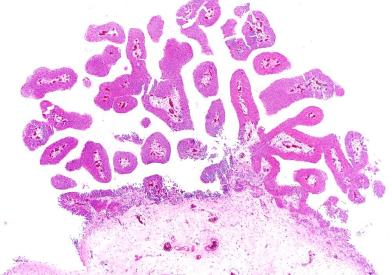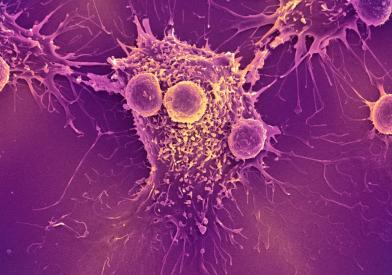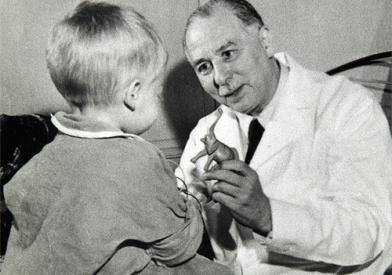What Is Bladder Cancer?
Bladder cancer is a disease that forms in the tissues of the bladder, and most cases of bladder cancer begin in cells that make up the lining of the bladder. Each year, over 80,000 new cases of bladder cancer are diagnosed in the United States. Of these cases, nearly all occur in patients over the age of 55 years, more commonly in men than women.
The bladder is an organ in the lower abdomen that stores urine, the waste produced when the kidneys filter the blood. The bladder expands and shrinks as it stores and empties urine. Urine passes from the kidneys into the bladder through tubes called ureters. A tube called the urethra, which is longer in men than women, then carries urine out of the body.
Risk Factors
Risk factors for bladder cancer may include:
- Using tobacco, especially smoking cigarettes
- Being a male (Men are four times more likely than women to develop the disease.)
- Being over 40 years of age
- Being white
- A personal history of chronic urinary tract infections or bladder infections
- Exposure to certain chemotherapy drugs or radiation treatments
- Exposure to certain chemicals or occupations that deal with certain chemicals: this includes those who work in the rubber, leather or chemical industry, hairdressers, printers, painters, machinists, metal workers, textile workers, truck drivers, and those who work at dry cleaners.
- Use of urinary catheters for a prolonged time
- Having a kidney transplant
- Having a history of kidney or bladder stones
- Drinking water with high levels of arsenic
- Prolonged use of the bacteria A. fangchi, found in a Chinese herb
- Certain genetic conditions, including hereditary nonpolyposis colon cancer (HNPCC), otherwise known as Lynch syndrome









